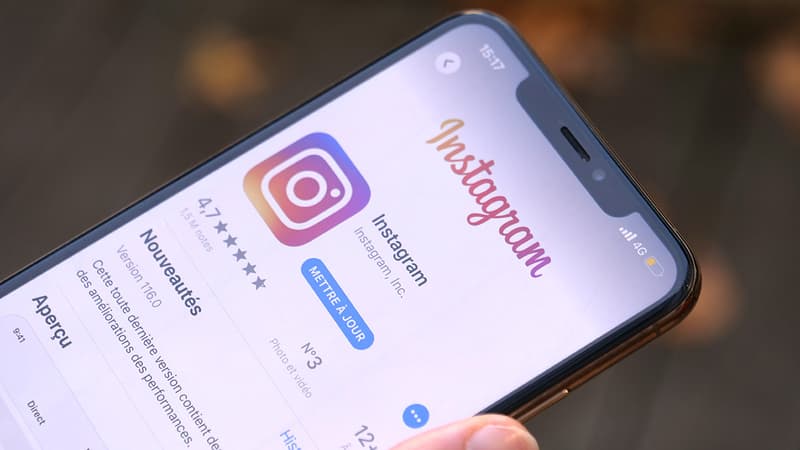The State continues in its search to regulate the practices of influencers. The General Directorate of Competition, Consumption and Fraud Control (DGCCRF) has carried out a survey on the commercial practices of the most popular influencers: more than 60% of them present anomalies in terms of compliance with the regulations.
In social networks, influencers highlight products or services of all kinds: cosmetics, food supplements, online betting or training. However, many of these sometimes deceptive business practices escape the eyes of the courts.
fake organics
Thus, to measure the scope of fraud, the DGCCRF has controlled more than sixty influencers and agencies since 2021. These controls have been especially targeted at influencers with a large number of subscribers or registering numerous reports.
In detail, six out of ten influencers do not comply with commercial regulations. Of this 60%, all influencers present anomalies regarding the regulations related to the transparency of sponsored publications.
Some have also knowingly misled their subscribers into believing in organic products when they are not, or have advertised gambling online, breaking all the rules governing these practices. Finally, the influencers misappropriated money by falsely promoting the Personal Training Account (CPF).
Initiated legal proceedings
The survey also targeted influencers who dropship and forget their obligations to consumers. Dropshipping is an Internet sale in which the seller is only responsible for marketing and selling the product and not for shipping.
The DGCCRF has also initiated several judicial processes. These can range from a simple warning to the establishment of a report for the Public Ministry. Thus, an influencer who does not specify in a publication that it is of a commercial nature incurs up to two years in prison and a fine of 300,000 euros.
And the DGCCRF recalls that influencers, like any advertising actor, must comply with all industry regulations to allow the consumer to be informed with complete transparency.
Under the impulse of the Ministry of Economy, a public consultation is open until January 31. All the French can express themselves on the 11 proposed measures that aim to better regulate the practices of influencers.
Contacted by BFMTV about the sanctions taken against influencers who multiply scams, the Instagram social network has not responded so far.
Source: BFM TV


